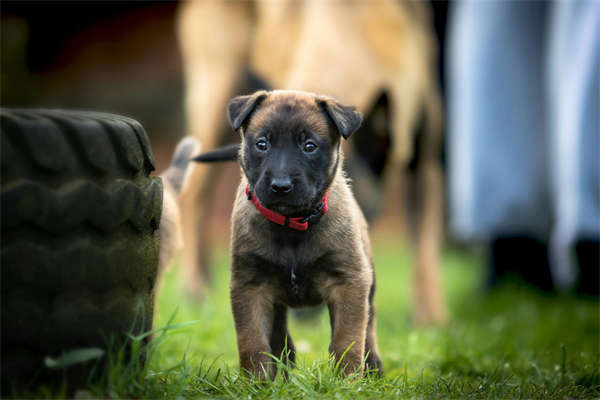10 Factors to Consider for the Perfect Dog Walk
Dog walking is more than just an exercise routine; it& 39;s an essential component of your dog& 39;s overall heal

Dog walking is more than just an exercise routine; it's an essential component of your dog's overall health and wellbeing. There are several key factors to consider when planning your dog's walking schedule. From understanding the suitable walk duration to the best times of day, here are ten essential elements to create the perfect dog walk.
1. Age of the Dog
Puppies, adult, and senior dogs have different energy levels and stamina. Understand your dog's age-related needs to ensure an appropriate walking session. Puppies tend to require shorter, more frequent walks, while adult dogs can handle longer durations. For senior dogs, the intensity and length of walks may need to be reduced.
2. Breed of the Dog
Different breeds have distinct physical and temperamental characteristics. Athletic breeds like Border Collies and Siberian Huskies typically need longer and more frequent walks than smaller breeds such as Chihuahuas or Pomeranians.
3. Energy Levels
Your dog's energy levels also play a significant role in determining the length and frequency of walks. Dogs with high energy levels generally require more exercise to prevent obesity and behavioral problems.
4. Physical Health

If your dog has any health issues, you need to adjust your walking schedule accordingly. Dogs with arthritis, obesity, heart disease, or other illnesses may require modified or even restricted walking routines.
5. Weather
The weather can significantly impact your walking schedule. In extreme heat, limit walks to early mornings and late evenings to prevent overheating and paw pad burns. Similarly, icy conditions can be dangerous, and it may be safer to opt for indoor exercises during such times.
6. Time of Day
Generally, the best times for walks are in the morning and early evening. However, your pet's daily routine, as well as your own schedule, can also influence the timing of walks.
7. Your Dog's Preferences
Every dog is an individual with its unique likes and dislikes. Paying attention to your dog's preferences surrounding walk durations, locations, and times can help ensure a beneficial and enjoyable exercise routine.
8. Hydration
Always hydrate your dog before, during if necessary, and after walks. Regular hydration is essential, especially during more strenuous exercise or in hot weather.
9. Safety Measures
It's vital to prioritize your dog's safety during walks. Always use a leash to maintain control, and be mindful of potential threats such as aggressive dogs, traffic, or harmful substances.
10. Consult a Vet
Never hesitate to consult your vet to understand your dog's specific walking needs. The vet's knowledgeable insight can be invaluable in ensuring an optimal and healthy walking routine for your dog.
A well-thought-out walking schedule can significantly contribute to your dog's health, happiness, and longevity. Always remember, walking shouldn't be viewed merely as a duty but as a chance to bond and create joyful memories with your four-legged friend.
